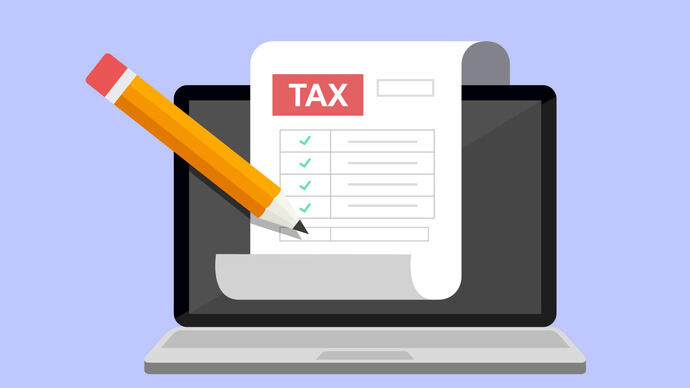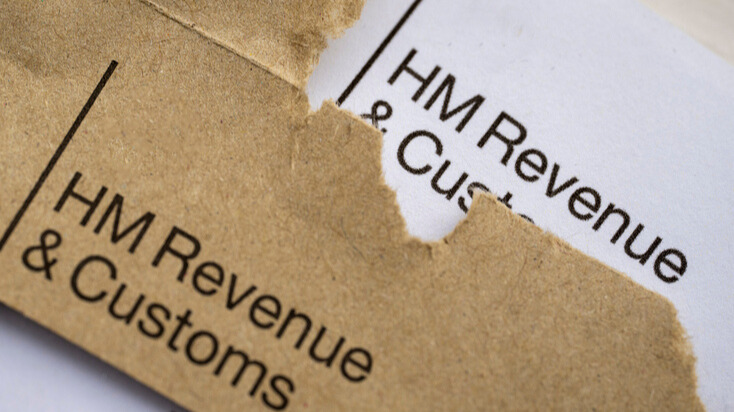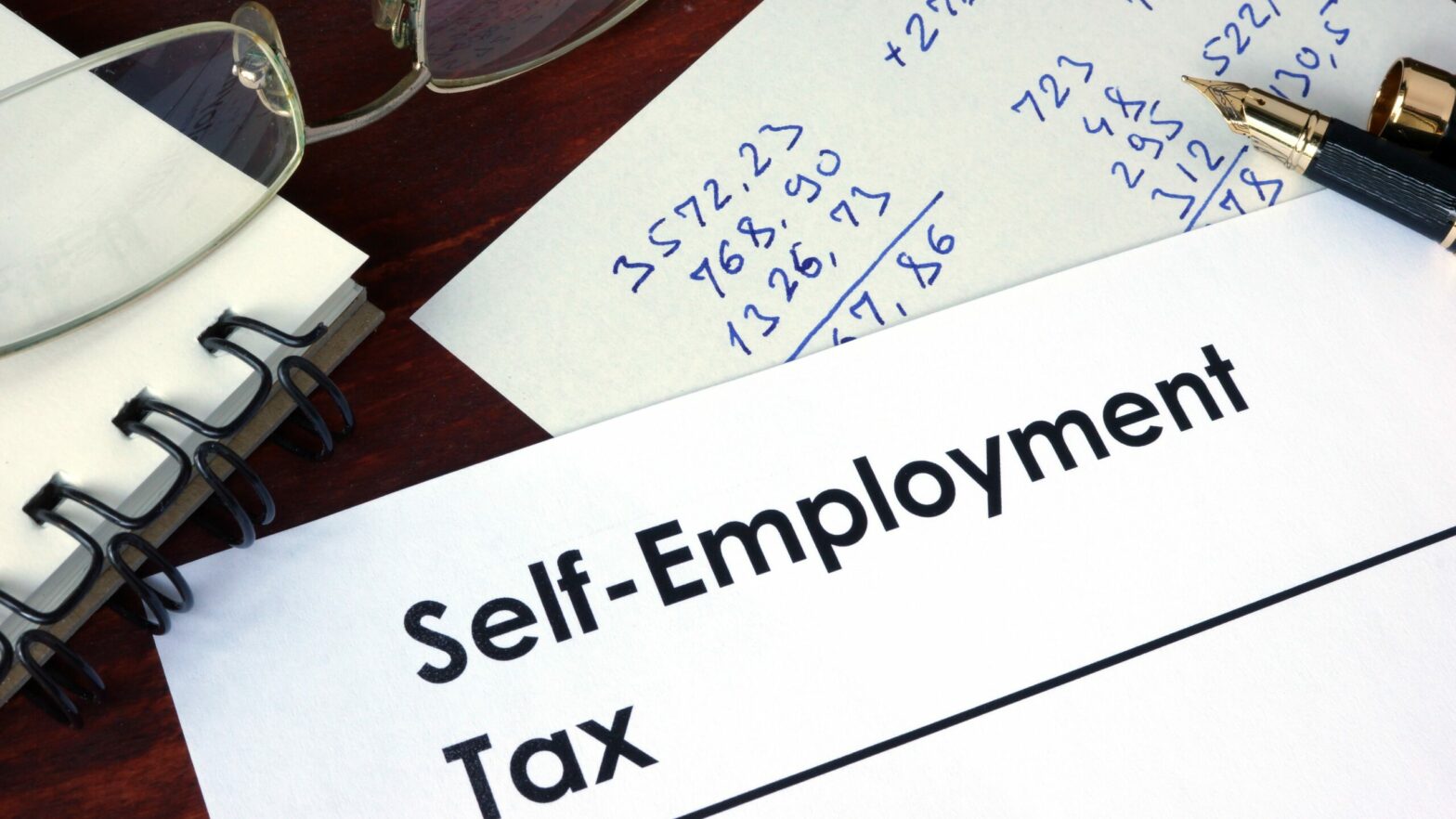When setting up and running a small business, it’s very often “all hands-on deck”, with all efforts focused on the day-to-day running of the business. It is easy, therefore, to forget about areas such as tax relief which don’t come under the daily management of your business. However, forego these tax breaks and you could miss out on ways in which you can make your business more efficient and competitive.
A number of tax breaks are applicable to small businesses, some which are industry specific and some which are generally applicable to all SMEs.
If your business meets the HMRC-qualifying criteria, these tax breaks could significantly lower your tax bill, making your business more profitable and efficient with little extra effort on your part.
The following tax breaks are available to SMEs so let’s take a look and see if your business could be eligible:
Employment Allowance
If your business has employees which you pay through PAYE, Employment Allowance is worth up to £10,500 off your employer’s Class 1 National Insurance bill per tax year. It reduces your employer’s National Insurance bill each time you run your payroll until the £10,500 is used up or you reach the end of the tax year, whichever comes first.
You can only claim this against Class 1 National Insurance which you have paid, but you can still claim it even if your National Insurance bill is less than £3,000 per tax year.
Most businesses, charities and CASCs (Community Amateur Sports Clubs) are eligible for this allowance, including those which employ a care or support worker for personal care. You can’t claim this is you employ any domestic, household or personal worker unless it is for care or support work. The other circumstances which would make you ineligible include Personal Service Companies (PSCs) working within IR35 rules, businesses which do more than half of their work for the public sector (such as the NHS), and those companies with a sole director and employee who are paid over the Secondary Threshold of £157 per week.
It’s really simple to claim Employment Allowance – you just need to claim this through your payroll software by entering “yes” into the Employment Allowance indicator field. If your small business outsources its payroll, make sure you ask your payroll provider to do this for you.
Annual Investment Allowance (AIA)
This allowance is part of your Capital Allowances and allows you to deduct the full value of a qualifying AIA item from your profits before tax, although you may need to pay tax later if you go on to sell the item.
You can claim this on most plant and machinery assets, including integral features of buildings, certain fixtures, alterations to install plant and machinery (although not for repairs) and for the cost of demolishing plant and machinery. You can’t claim AIA on cars or on items which have been given to you or your business, or items owned for any pre-business reason although you may be able to claim writing down allowances on these which would allow you to deduct a percentage of their value per year from your profits.
As of 2025, the AIA amount is set at £1 million – in order to stimulate business investment and encourage businesses to invest in their plant and machinery. Prior to this increase, the AIA amount was £200,000 and the allowance amount tends to fluctuate.
Small Business Rates Relief
If your business property has a rateable value of less than £15,000, you should be able to claim Small Business Rates Relief, which operates on a sliding scale so that businesses with a rateable value of less than £12,000 would pay no business rates and those with a rateable value of £15,000 or above would not be entitled to any relief on their business rates. For example, if your business property has a rateable value of £13,500 you would be entitled to 50pc off your business rates bill.
You can only claim this if you have one sole business property although if you acquire a second property, you would be able to keep your entitlement for 12 months. To claim this rates relief, you need to contact your local council.
There are other forms of rates relief, even if you aren’t eligible for Small Business Rates Relief – for example, your business property might be eligible for Rural Rates Relief if it is a protected business (such as the only shop or post office in your rural area). Or you might be eligible for a ‘Retail Discount’ (Retail, hospitality and leisure relief), which If you’re eligible, could get you 40pc off your business rates bills for the 2025 to 2026 billing year (1 April 2025 to 31 March 2026). You would need to contact your local council to check about eligibility.
SME R&D Tax Relief
R&D (research and development) reliefs are available to businesses which create or significantly work towards advances in science and technology, although these advances have to impact the overall field in which you are working within, not just your business, and they won’t be allowed if they are simply using a certain technology in your industry for the first time.
There are many advisers out there claiming that R&D reliefs can be claimed by businesses which are totally beyond the scope of science and technology, but you should use caution if trying to claim R&D Relief in this way as HMRC’s criteria are perhaps stricter than some would assume.
Of particular interest to small businesses is SME R&D Relief, which is applicable to businesses with less than 500 staff and a turnover of less than €100m or a balance sheet total under €86m. If you are eligible for this relief, you can deduct an extra 86pc of your qualifying costs from your yearly profit as well as the normal 100pc deduction. If your business is loss-making, you can claim a tax credit of up to 14.5pc of your surrender-able loss. Your qualifying costs can include staff costs as well as consumable items, subcontractor costs and software fees but you can’t include capital expenditure or rent and rates.
Creative Industries Tax Relief (CITR)
If your business is in one of the creative industries, you may be entitled to claim one of a series of tax reliefs aimed at the creative arena.
These industries and reliefs are as follows:
- Film (FTR)
- High-end television (HTR)
- Children’s TV (CTR)
- Video games (VGTR)
- Animation (ATR)
- Theatre (TTR)
- Orchestra (OTR)
- Museums and galleries exhibitions (MGETR).
In order to be eligible for any of these reliefs, businesses involved in the film, TV, or Video Games sectors, have to pass a cultural test administered by the BFI, but if successful this can allow you to deduct between 80pc and 100pc of qualifying expenditure depending on the creative industry in which your business is based.
Your business must be liable for Corporation Tax in order to be able to claim any of these reliefs.
Seed Enterprise Investment Schemes (SEIS)
Finally, whilst not a tax break as such, small businesses may also be able to benefit from SEIS, which is a form of venture capital scheme designed to draw investment into your business. If your business’s scheme is eligible, you could receive a maximum of £250,000 in investment.
These schemes provide tax relief for your investors – however, both investors and the business need to meet certain HMRC criteria to benefit from the tax break and SEIS tax relief can be withdrawn if yours or your investors’ circumstances change in the future.
A company can use the SEIS scheme if it:
- Is established in the UK
- Carries out a new qualifying trade
- Is not trading on a recognised stock exchange at the time of the share issue
- Has no arrangements to become a quoted company or a subsidiary of one at the time of the share issue
- Does not control another company (unless that company is a qualifying subsidiary)
- Has not been controlled by another company since the date of being incorporated
In order to be eligible to investment under SEIS, your business must have less than 25 full time employees, gross assets of fewer than £350,000, and not be a member of a partnership.
Due to the conditions set by HMRC to ensure that these schemes are tax compliant, it is wise to seek guidance, either from HMRC who have a special department to deal with venture capital schemes, or from a specialist consultancy.
Significant impact
While not every SME will be eligible for each and every one of these tax breaks, where these are applicable to your business, they can make a significant impact on the profitability and longevity of your business, especially in trying economic conditions.
David Redfern is director of DSR Tax Claims
Also see: How can my small business make the most of tax reliefs available?
Originally published in 2019 – Updated with new criteria and thresholds data in 2025.






